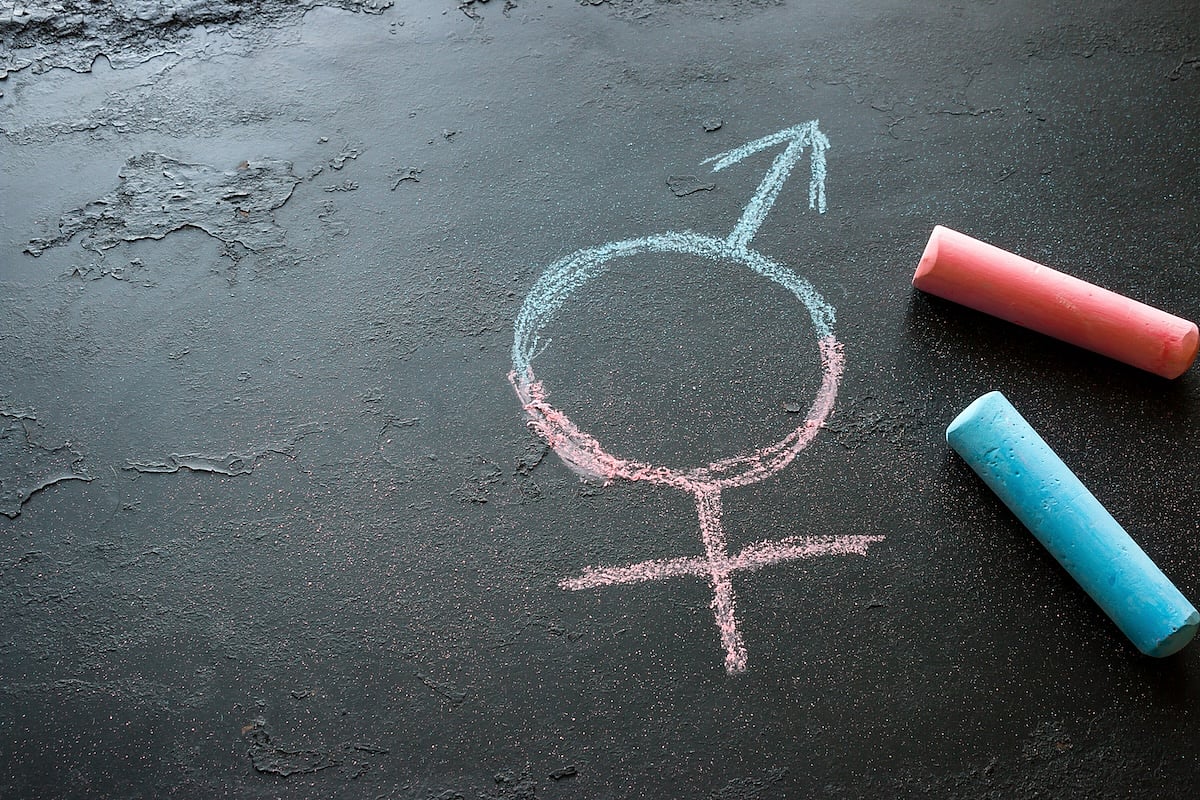Get Healthy!

- Robin Foster
- Posted October 2, 2024
Restrictive State Laws Tied to Higher Suicide Risk for Trans Youth
In a finding that illustrates the damage that laws targeting transgender people can cause, new research shows that trans and nonbinary youth in states with such laws are more likely to attempt suicide.
How much more likely? The study authors found the laws triggered up to a 72% increase in suicide attempts in the past year.
“This groundbreaking study offers robust and indisputable evidence to support what we have already known: the recent wave of anti-transgender laws in the United States is quite literally risking the lives of young people across the country,” study co-author Dr. Ronita Nath, vice president of research at The Trevor Project, said in a news release.
“From a scientific perspective, studying the phenomenon of how these policies impact LGBTQ+ young people’s mental health is relatively new," she added. "In our analysis of data collected from more than 61,000 transgender and nonbinary youth across five years, this study critically confirms -- for the first time -- a causal relationship between anti-transgender laws and heightened suicide risk among transgender and nonbinary young people.”
Published in the journal Nature Human Behavior, the research was conducted by the Trevor Project, an LGBTQ youth suicide prevention and crisis intervention organization.
From 2018 to 2022, 48 anti-transgender laws were enacted in 19 different states, according to the Trevor Project. These included restrictions on transition-related care for minors and laws that bar trans student athletes from playing on the school sports teams that align with their gender identities.
To determine the impact of these laws, the researchers compared suicide-related outcomes for trans and nonbinary young people in those 19 states to similar outcomes for trans and nonbinary youth in states that did not enact such laws.
The highest increase in suicide attempt rates -- up to 72% -- was reported among participants under the age of 18. Across the entire sample of transgender and nonbinary young people ages 13 to 24, suicide attempt rates jumped 38% to 44%.
During the study’s first time period, in early 2018, suicide attempt rates increased 7% for trans and nonbinary young people ages 13 to 17 living in the states with anti-trans laws. After the second and third time periods, between December 2019 and December 2020, past-year suicide attempts increased by 72% and 52% for that same age group.
“It is without question that anti-transgender policies, and the dangerous rhetoric surrounding them, take a measurable toll on the health and safety of transgender and nonbinary young people all across the country,” Jaymes Black, CEO at The Trevor Project, said in a news release. “I urge every adult -- no matter your political beliefs -- to remember that transgender and nonbinary young people are our family, our friends and our neighbors. It’s not necessary to fully understand their experience to acknowledge that they -- like all young people -- deserve dignity, respect, and the ability to lead healthy and full lives.”
Dr. Jack Turban, director of the gender psychiatry program at the University of California, San Francisco, told NBC News the findings are significant because the study's design, known as a causal inference technique, provides strong evidence that the laws are causing suicide attempts versus only showing an association between the two.
He added that causal link is critical as the U.S. Supreme Court prepares to hear U.S. v. Skrmetti next term, its first case weighing a ban on transition-related care for trans minors.
“When doing those legal analyses, one of the questions is whether or not the states have a reasonable interest in banning these treatments or in passing these laws,” Turban explained. “Since we have evidence that these laws are driving suicide attempts, it would be really difficult to argue that states are justified or have a compelling reason to pass these kind of laws.”
While the study controlled for a variety of variables, including the pandemic, cultural factors in a particular state, preexisting suicide rates, national suicide prevention efforts and federal policy, there were some limitations to the findings.
The young people questioned in the survey were not picked randomly (they were recruited through social media), and they were only questioned at one point in time. In addition, Turban noted, the study didn't separate the laws by type, so more research is needed on which laws might do the most damage.
More information
If you or someone you know is in crisis, call or text 988 to reach the Suicide and Crisis Lifeline or chat live at the 988 lifeline.
Johns Hopkins has more on transgender health care.
SOURCES: The Trevor Project, news release, Sept. 26, 2024; NBC News







